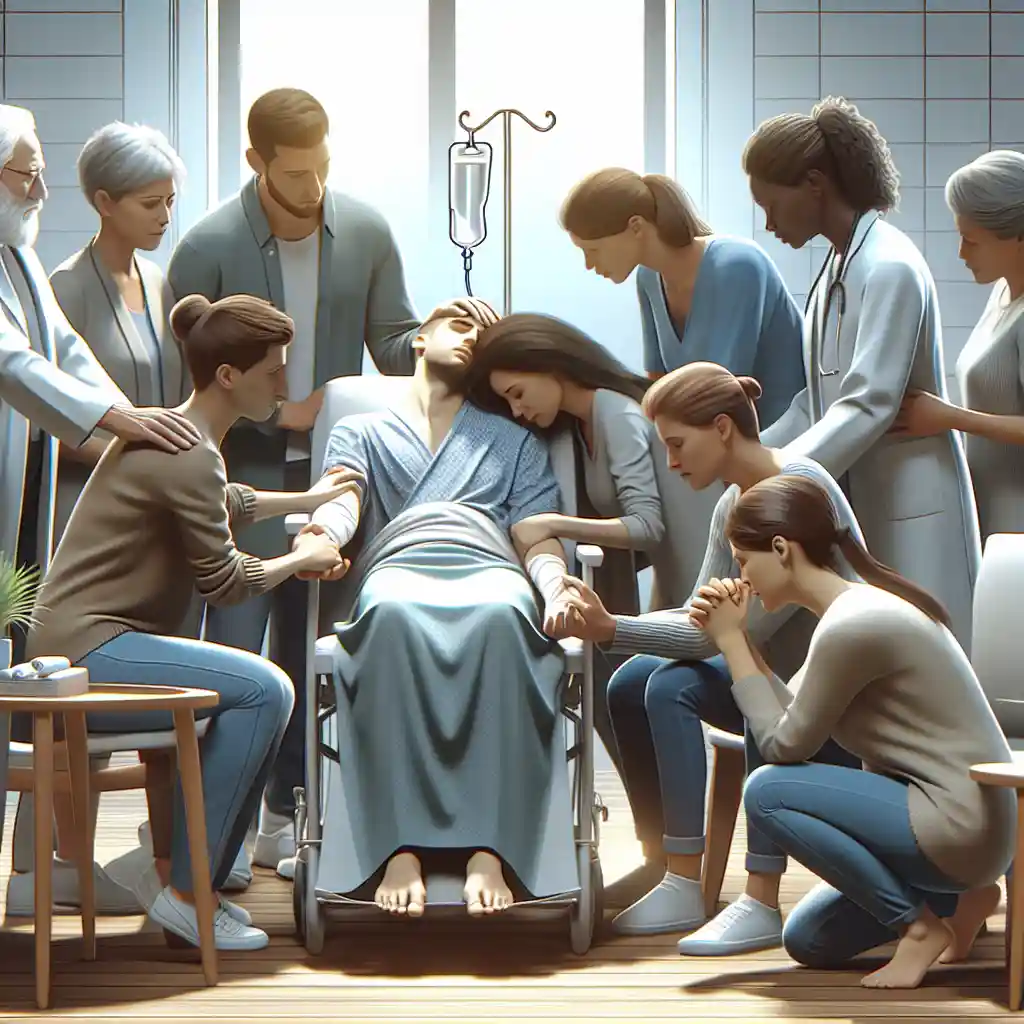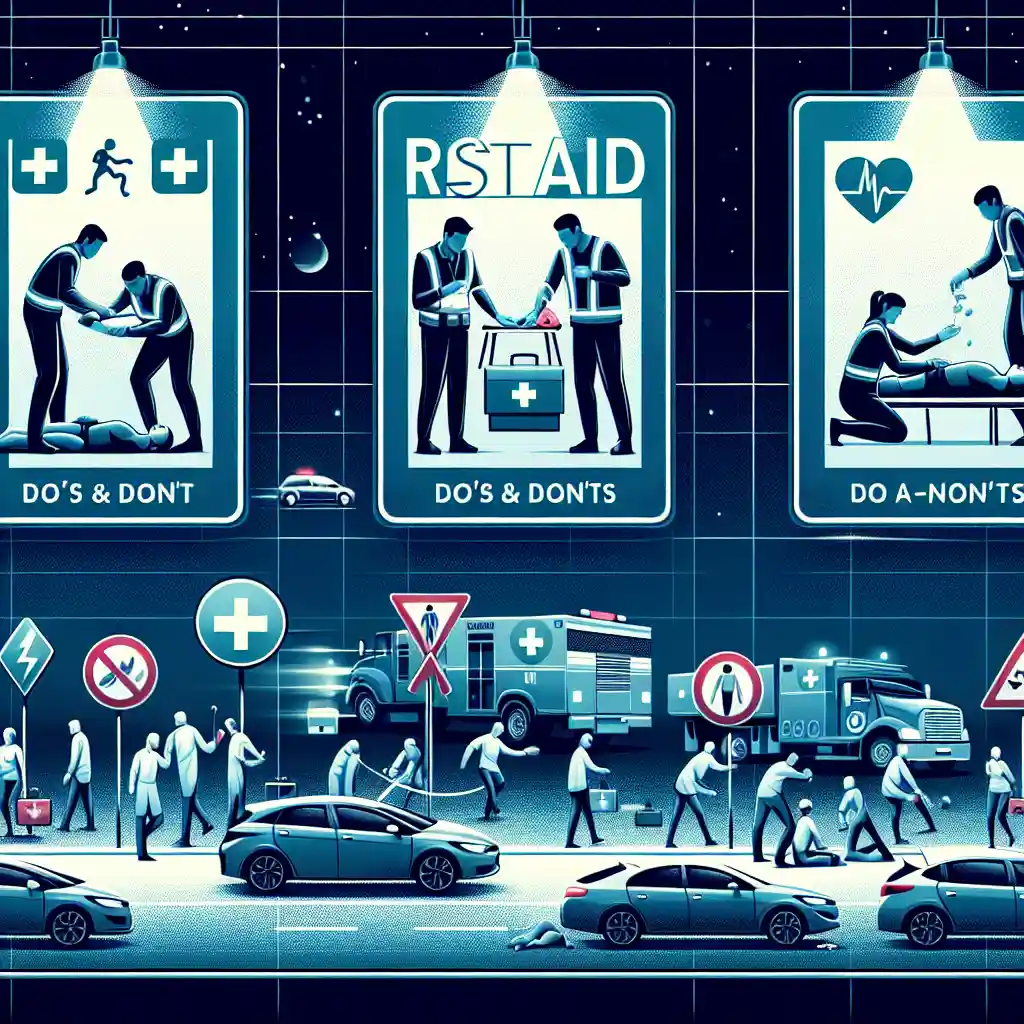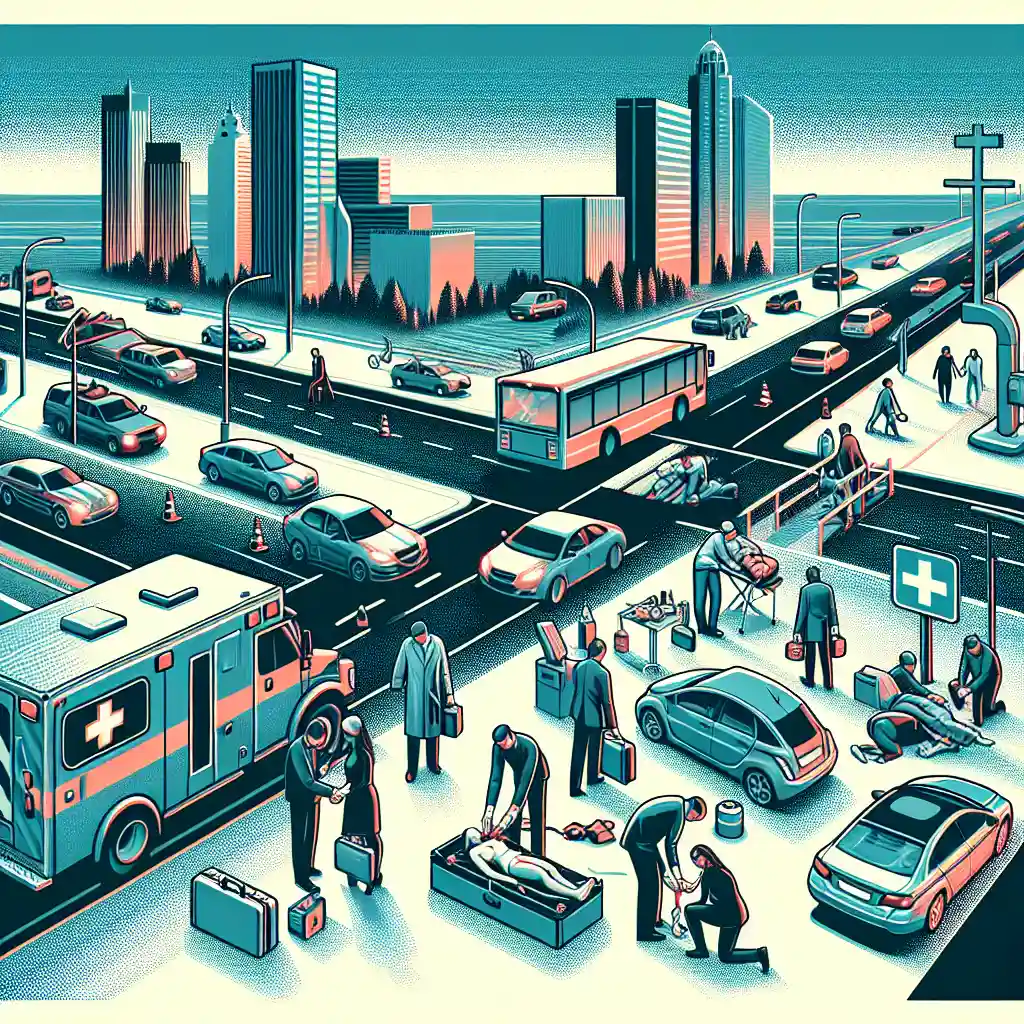The Power of Empathy: Supporting Loved Ones After a Traumatic Car Accident
Experiencing a traumatic car accident can have long-lasting effects on individuals physically, mentally, and emotionally. During such challenging times, the power of empathetic support from family, friends, and loved ones plays a crucial role in aiding the recovery process. This blog post will explore ways in which you can provide assistance, care, and aid to your loved ones as they navigate through trauma recovery.

Understanding the Impact of Trauma
After a traumatic car accident, individuals may experience a range of emotions such as fear, anxiety, guilt, or even post-traumatic stress disorder (PTSD). It is essential to recognize that each person responds differently to trauma and may require varying levels of support. By understanding the impact of trauma, you can offer empathetic support tailored to your loved one's specific needs.
Providing a Safe and Non-Judgmental Space
Creating a safe and non-judgmental environment for your loved one to express their feelings and thoughts is paramount in their recovery journey. Listen actively, without interrupting or imposing your opinions, and validate their emotions. Your presence and ability to provide a listening ear can offer immense relief to someone struggling with trauma.
Offering Practical Assistance and Support
In addition to emotional support, offering practical assistance can greatly aid in the recovery process. Help with daily tasks, transportation to medical appointments, or meal preparations can alleviate some of the burdens your loved one may face during their recovery. Small gestures of kindness and support can make a significant difference in their healing journey.
Encouraging Professional Help and Self-Care
Encourage your loved one to seek professional help if needed, such as therapy or counseling, to address any lingering trauma symptoms. Self-care practices, such as mindfulness techniques, exercise, or engaging in hobbies, can also contribute to their overall well-being. By promoting self-care and the importance of seeking professional help, you are providing valuable guidance in their recovery process.
Being Patient and Understanding
Recovery from a traumatic car accident is a gradual process that requires patience and understanding. Your loved one may have good days and bad days, and it is essential to be patient and supportive throughout their journey. Avoid placing expectations on their recovery timeline and instead focus on being a consistent source of empathy and care.
Celebrating Milestones and Progress
As your loved one progresses in their recovery journey, celebrate their milestones and achievements, no matter how small they may seem. Acknowledge their strength and resilience in overcoming challenges and offer words of encouragement and support. By recognizing their progress, you reinforce their sense of accomplishment and provide added motivation for continued recovery.
Empathetic support, family assistance, friendship care, and recovery aid are essential components in helping loved ones cope with the aftermath of a traumatic car accident. By offering understanding, practical help, and patience, you can be a valuable source of support in their journey towards healing and recovery. Remember, your empathy and care can make a profound difference in their lives.



























